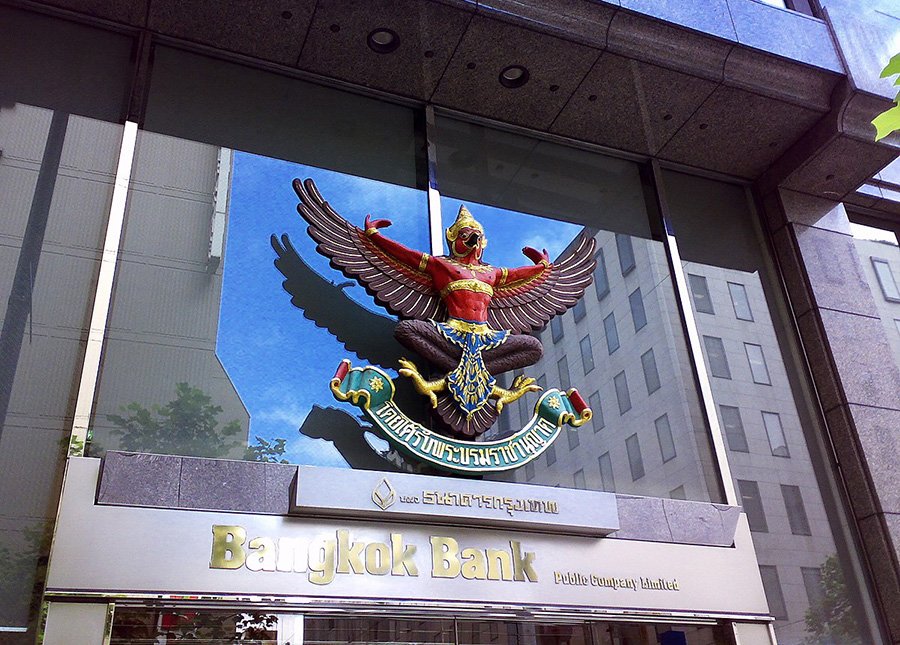Thai Banks Stop Opening Accounts for Tourists

Most banks in Thailand have stopped opening accounts for tourists. Some online sources claim the restrictions apply only to Russian citizens, but most media report that the new policy affects all foreigners.
According to Thai Nexus, only foreigners with certain visa categories can now open an account in a Thai bank. These include:
Non-Immigrant B (work visa)
Non-Immigrant ED (education visa)
Non-Immigrant O (marriage or retirement basis)
Services are also available to holders of special long-term permits such as Retirement, Thai Elite, or Long-Term Resident visas.
Foreigners with tourist visas — including DTV and Visa-Exempt — are no longer considered eligible customers. This policy was introduced following tighter controls on financial operations to prevent fraud and money laundering. Even with the right visa, applicants may be refused; decisions often depend on the specific branch. Some branches enforce stricter requirements, while others are more flexible. For an ED visa, banks may request a letter from the educational institution in Thai. Applicants must provide a local address, Thai phone number, and, if needed, additional documents such as a rental contract or residency certificate.
Online applications are almost impossible, as most banks operate only in person. Thai Nexus notes that the choice of branch is crucial: branches in tourist areas may be more lenient towards foreigners. In case of refusal, it is recommended to try another branch and prepare a full set of documents in advance. Having a Thai-speaking companion can also increase approval chances.
Many Telegram channels claim that Thai banks have specifically stopped opening accounts for Russian citizens. Previously, Thai banks allowed accounts without long-term visas, which tourists actively used. In 2025, the situation changed: opening an account is nearly impossible without a work visa (B), a university education visa ED long (4 years), or an ED short visa for language school studies (at least 1 year).
Earlier this year, Bangkok Bank tightened rules for foreign clients and began freezing non-resident accounts. The largest financial institution in Thailand stopped opening accounts for tourists, including those with the Destination Thailand Visa (DTV), which allows a stay of up to 180 days. The restrictions applied to deposit accounts, credit cards, and mobile banking access. The stated aim was to prevent the use of “mule accounts” involved in money laundering schemes.
The bank said that in suspicious cases, additional identity checks are mandatory. After freezing, accounts could be unblocked, but many clients were invited to the office for clarification and sometimes required facial scans to confirm biometric data. With some foreigners — including Russians — cooperation was terminated. For example, a Russian citizen living in Pattaya on a DTV visa was told this type of permit does not meet the bank’s requirements, and he was asked to close his account.
These measures followed a major financial crime case in Pattaya, where four bank employees helped Chinese nationals open accounts through which 15 suspects withdrew about 2.2 billion baht ($68 million) and left the country. The funds were used to run a fraudulent call center. At that time, it was already noted that Bangkok Bank’s restrictions could spread to other financial institutions in Thailand.
The new rules significantly limit foreigners’ access to banking services in Thailand. Tourists and holders of short-term visas are now effectively excluded from the client base, with priority given to those with stable, long-term legal status in the country.
Подсказки: Thailand, banking, finance, bank accounts, tourism, visas, Bangkok Bank, investment, money laundering prevention








